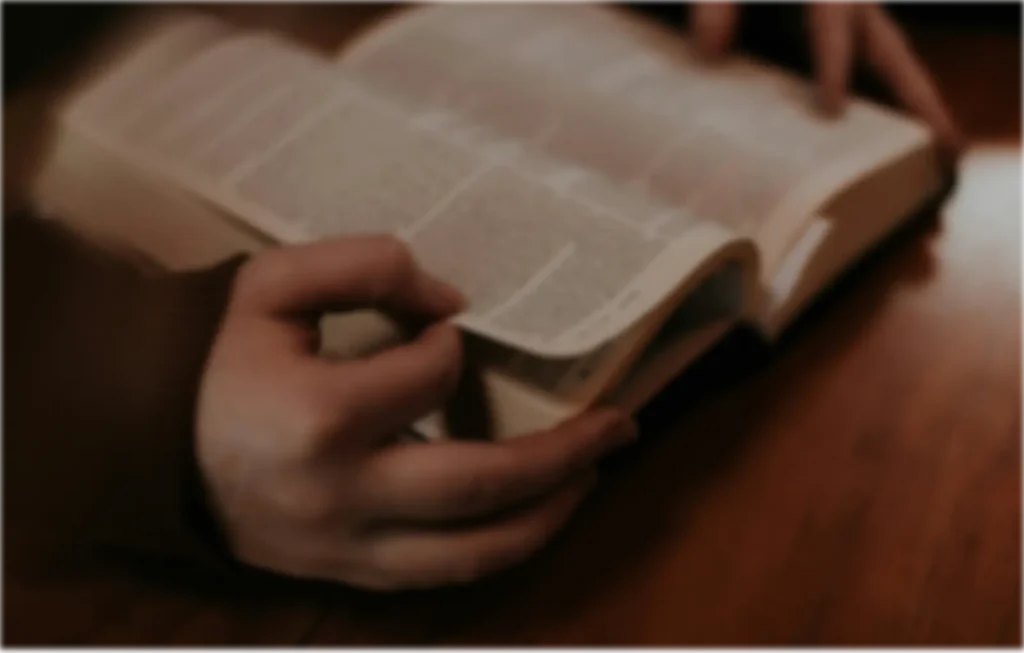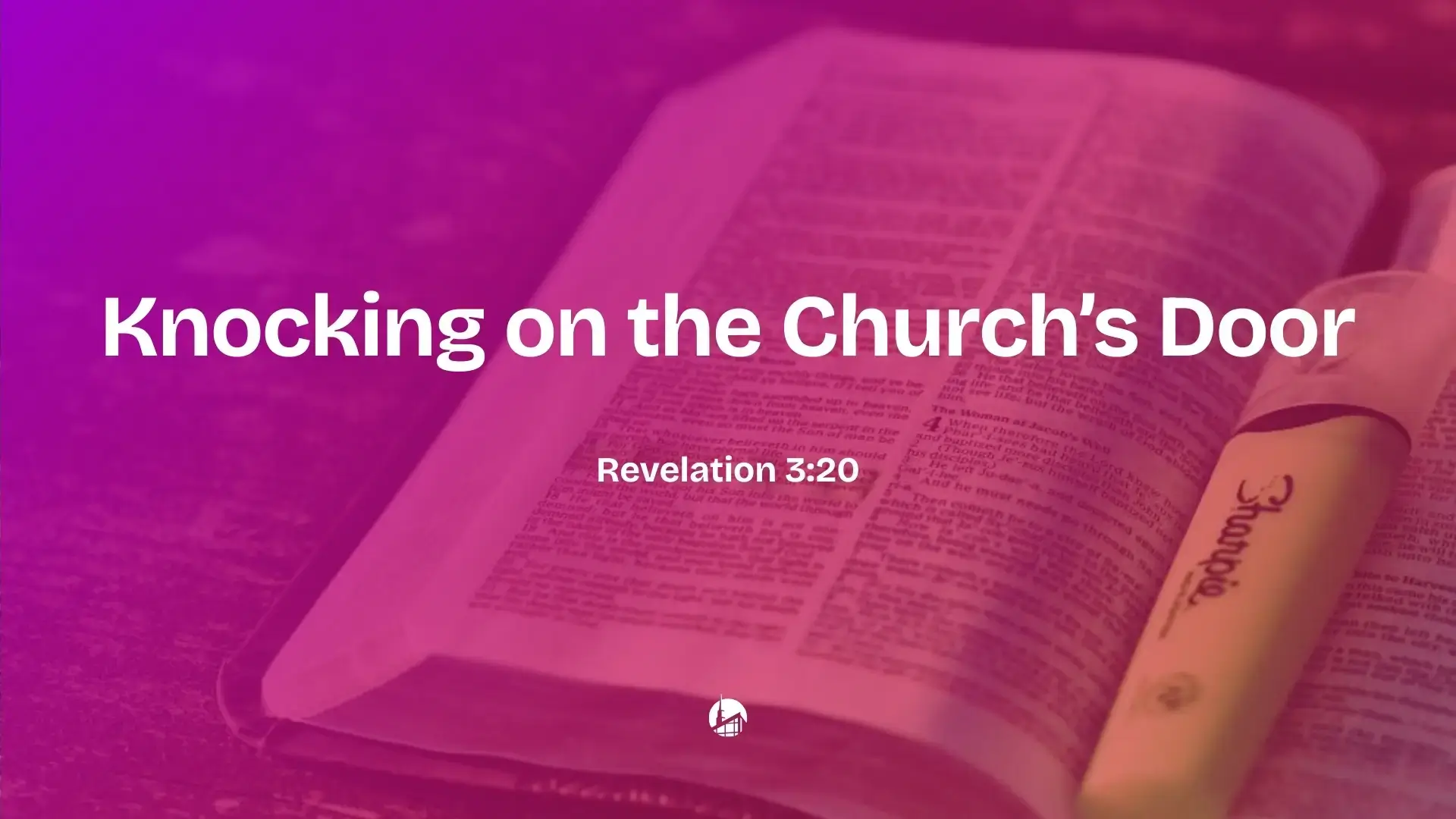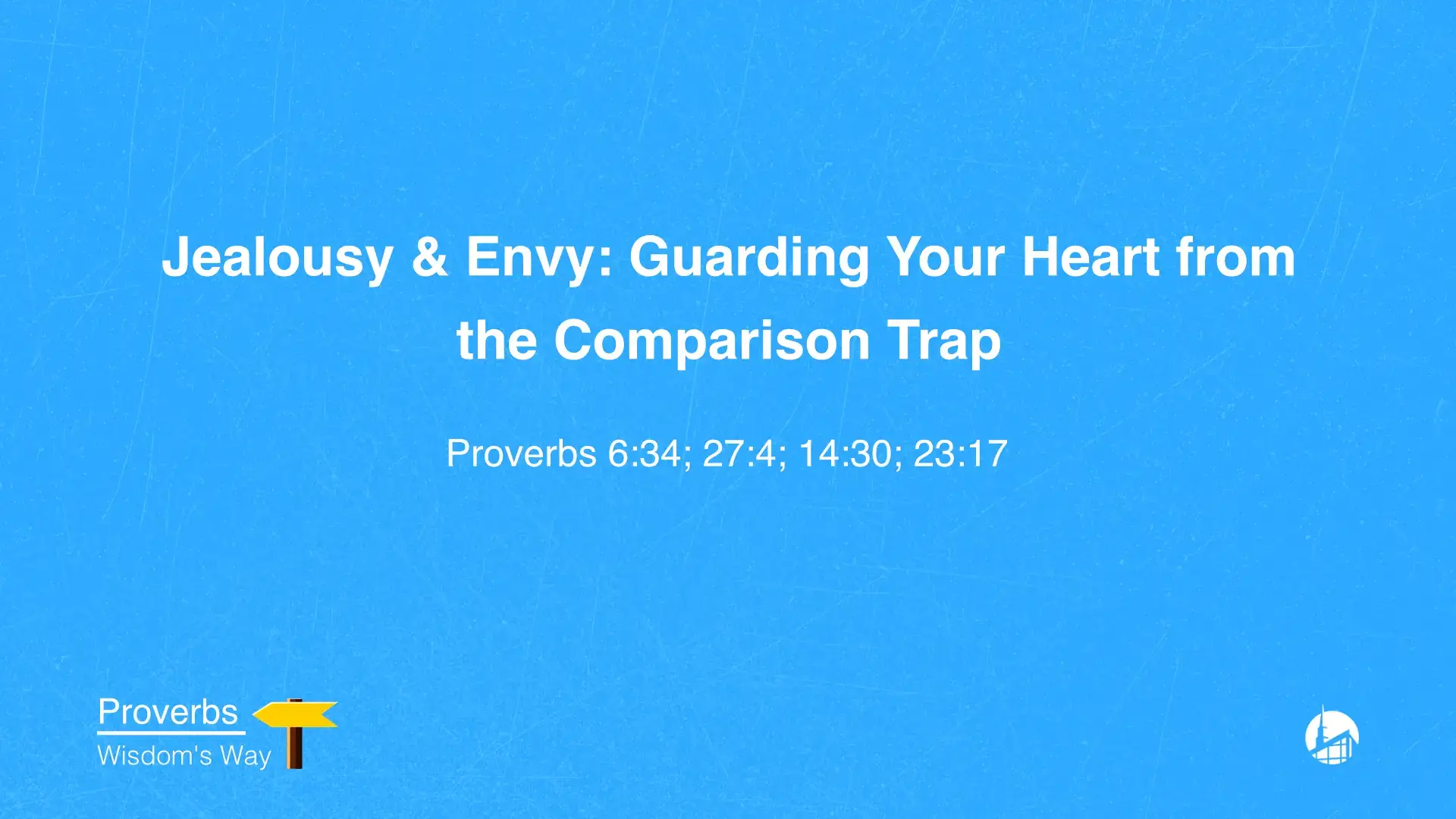Dr. Kevin Folger brought a powerful word from Haggai, confronting the congregation with a question as old as the returned exiles: are we building God’s house or only our own? With the remnant of Judah as a mirror, he pressed believers to weigh their daily choices against the clear mandate of heaven, showing that God’s favour rests on those who put His priorities first.
Their Ways
The people of Judah had returned from Babylonian captivity with a clear God-given assignment: rebuild the temple in Jerusalem. As Haggai 1:1-2 records, “In the second year of Darius the king, in the sixth month, in the first day of the month, came the word of the LORD by Haggai the prophet unto Zerubbabel the son of Shealtiel, governor of Judah, and to Joshua the son of Josedech, the high priest, saying, Thus speaketh the LORD of hosts, saying, This people say, The time is not come, the time that the LORD’S house should be built.” God had orchestrated their release through Cyrus the Persian king, fulfilling prophecies from Isaiah 44:28 and 45:1-4, where the Lord named Cyrus as His shepherd to rebuild Jerusalem and lay the temple’s foundation.
Ezra 1:1-2 confirms this decree: “Now in the first year of Cyrus king of Persia, that the word of the LORD by the mouth of Jeremiah might be fulfilled, the LORD stirred up the spirit of Cyrus king of Persia, that he made a proclamation throughout all his kingdom, and put it also in writing, saying, Thus saith Cyrus king of Persia, The LORD God of heaven hath given me all the kingdoms of the earth; and he hath charged me to build him an house at Jerusalem, which is in Judah.” About 60,000 Jews returned in 537 BC, filled with enthusiasm. They laid the foundation amid great celebration, as Ezra 3:10-11 describes: “And when the builders laid the foundation of the temple of the LORD, they set the priests in their apparel with trumpets, and the Levites the sons of Asaph with cymbals, to praise the LORD, after the ordinance of David king of Israel. And they sang together by course in praising and giving thanks unto the LORD; because he is good, for his mercy endureth for ever toward Israel. And all the people shouted with a great shout, when they praised the LORD, because the foundation of the house of the LORD was laid.”
Yet, their ways shifted. Facing a ruined city overgrown with weeds and debris after 70 years of desolation, they prioritized personal homes. Haggai 1:4 confronts this: “Is it time for you, O ye, to dwell in your cieled houses, and this house lie waste?” While needing shelter was understandable, they built elaborate, panelled residences while God’s house remained in ruins, neglecting the higher authority of divine command over human edicts.
The Opposition
Progress on the temple halted due to fierce opposition from adversaries who had settled the land during Israel’s absence. Ezra 4:4-5 notes, “Then the people of the land weakened the hands of the people of Judah, and troubled them in building, And hired counsellors against them, to frustrate their purpose all the days of Cyrus king of Persia, even until the reign of Darius king of Persia.” These enemies, instruments of Satan who feared the restoration of God’s people, first offered insincere help, which the Jews rejected to maintain purity in worship.
Infuriated, the adversaries intimidated the builders, leading to a work stoppage that lasted 16 years through the reigns of Cyrus, Artaxerxes, and into Darius’s second year. Ezra 4:24 states, “Then ceased the work of the house of God which is at Jerusalem. So it ceased unto the second year of the reign of Darius king of Persia.” This opposition mirrored Satan’s tactics to derail God’s plan, yet it exposed the people’s loss of heart and determination.
The Rebuke
God rebuked His people through Haggai for claiming it was not the right time to build His house while finding time and resources for their own. Haggai 1:2-5 declares, “Thus speaketh the LORD of hosts, saying, This people say, The time is not come, the time that the LORD’S house should be built. Then came the word of the LORD by Haggai the prophet, saying, Is it time for you, O ye, to dwell in your cieled houses, and this house lie waste? Now therefore thus saith the LORD of hosts; Consider your ways.” Like a father questioning a wayward child, God called them to pause and reflect on their misplaced focus, prioritizing self over His glory.
The Price of Disobedience
Disobedience brought divine chastening. Haggai 1:6 details the futility: “Ye have sown much, and bring in little; ye eat, but ye have not enough; ye drink, but ye are not filled with drink; ye clothe you, but there is none warm; and he that earneth wages earneth wages to put it into a bag with holes.” Expectations yielded little, as verse 9 adds: “Ye looked for much, and, lo, it came to little; and when ye brought it home, I did blow upon it. Why? saith the LORD of hosts. Because of mine house that is waste, and ye run every man unto his own house.” Drought affected land, crops, and labour, as verses 10-11 describe, because God’s blessing was withheld from their self-centred ways.
God’s Correction
The solution was straightforward. Haggai 1:7-8 instructs, “Thus saith the LORD of hosts; Consider your ways. Go up to the mountain, and bring wood, and build the house; and I will take pleasure in it, and I will be glorified, saith the LORD.” Obedience would restore joy and glory to God, requiring no complex theology, just action.
God’s Response to their Obedience
The people heeded the call. Haggai 1:12 records, “Then Zerubbabel the son of Shealtiel, and Joshua the son of Josedech, the high priest, with all the remnant of the people, obeyed the voice of the LORD their God, and the words of Haggai the prophet, as the LORD their God had sent him, and the people did fear before the LORD.” From that day forward, blessing followed. Haggai 2:15-19 contrasts past lack with future plenty: “And now, I pray you, consider from this day and upward, from before a stone was laid upon a stone in the temple of the LORD: Since those days were, when one came to an heap of twenty measures, there were but ten: when one came to the pressfat for to draw out fifty vessels out of the press, there were but twenty. I smote you with blasting and with mildew and with hail in all the labours of your hands; yet ye turned not to me, saith the LORD. Consider now from this day and upward, from the four and twentieth day of the ninth month, even from the day that the foundation of the LORD’S temple was laid, consider it. Is the seed yet in the barn? yea, as yet the vine, and the fig tree, and the pomegranate, and the olive tree, hath not brought forth: from this day will I bless you.”
Dr. Folger applied this to the modern church, equating the temple rebuild to the Great Commission. Churches exist to reach the lost, not merely for fellowship or programmes. Distractions like politics or hobbies can sidetrack, but obedience brings blessing. He shared the story of missionaries Jim Elliott and others martyred in Ecuador in 1956, whose sacrifice sparked a missionary surge and led to the Wadani tribe’s salvation, proving the cost is worth the eternal reward. God still asks today: Consider your ways.
Conclusion
The voice of Haggai rings across the centuries with undiminished force. When God’s people realign their lives with His purpose, the work resumes, the drought ends, and the blessing flows. Let every believer, every family, every church hear the call tonight: stop running to your own house and return to the Lord’s. The task remains unfinished, the need is urgent, and the promise stands sure, from this day will I bless you.












